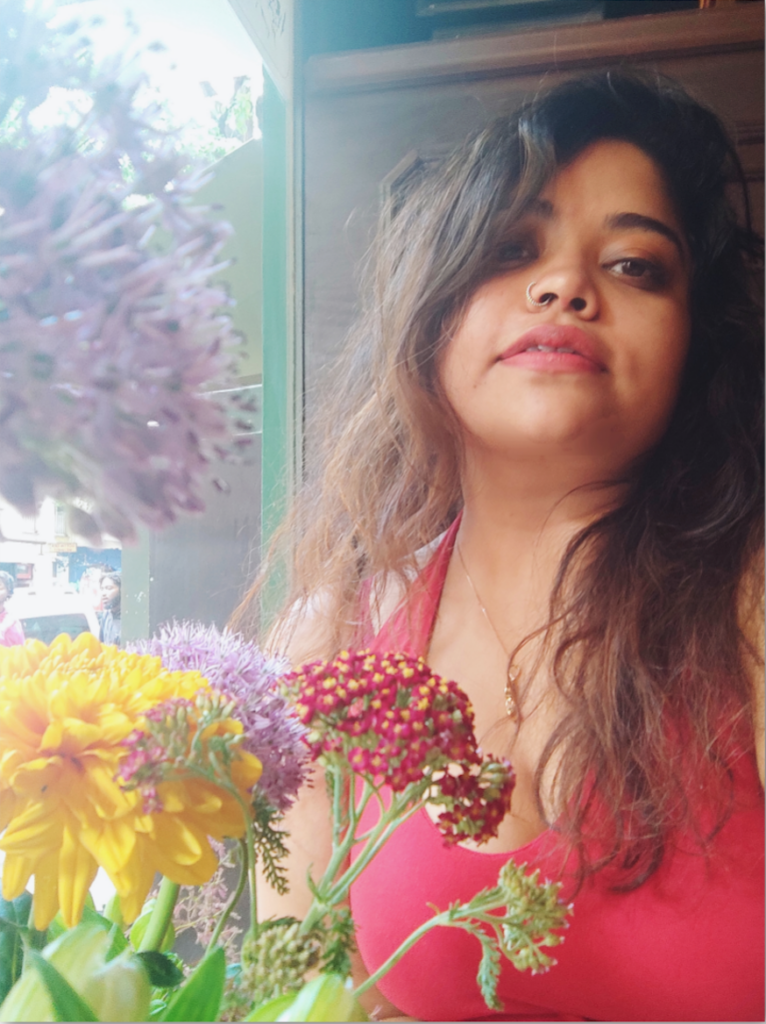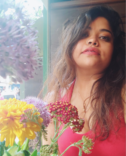I am a post-doctoral researcher at the Department of European Ethnology, Humboldt University of Berlin and a researcher in the project Museums and Society (funded by the Berlin University Alliance). I am finishing my doctoral degree at the Faculty of Asian and Middle Eastern Studies, University of Oxford.
My post-doctoral research explores the field of History of Emotions and ideas of individual value production through a museum audience, historical distancing and neutrality vs. empathy, tools of direct emotional engagement, ideas of memory, biography of objects and decolonization, and intersectionality. My research aims to map the emotional journey of a visitor in a museum space (for e.g. from their socio-cultural and psychological point of view). This study highlights the dialectic interaction between museums visitors through urban spaces and which uses spatiality as an object of study, as an “imagined” and concretised cultural space “crossed by emotions and generator of personal and collective identities.” The study emphasizes the affective potential of the museum space as a means of heritage representation (while keeping in mind some of the issues and concerns associated with ethics of collection and decolonization in museums). My work explores how museum audience, “inside and outside”, position themselves in this paradigm of knowledge production and generation of cultural meaning, highlighting the importance of situating knowledge outside of museums. It will also focus on the centering of agency and positioning of museums- how do museums strive to become more inclusive and how can collaborative actions help honour the knowledge people have regarding their own cultures, realities, histories imagined by a museum?
In my doctoral research (while combined literary criticism with anthropological research), I did a diachronic study of esoteric yoga traditions in north-eastern India, through a common lineage of Buddhism and Hinduism. My work explored mysticism and language, politics of alternative social imaginaries through religious movements, notions of the subtle body, foregrounding pluralist literature of dissent and its artistic and political implications through performance.

